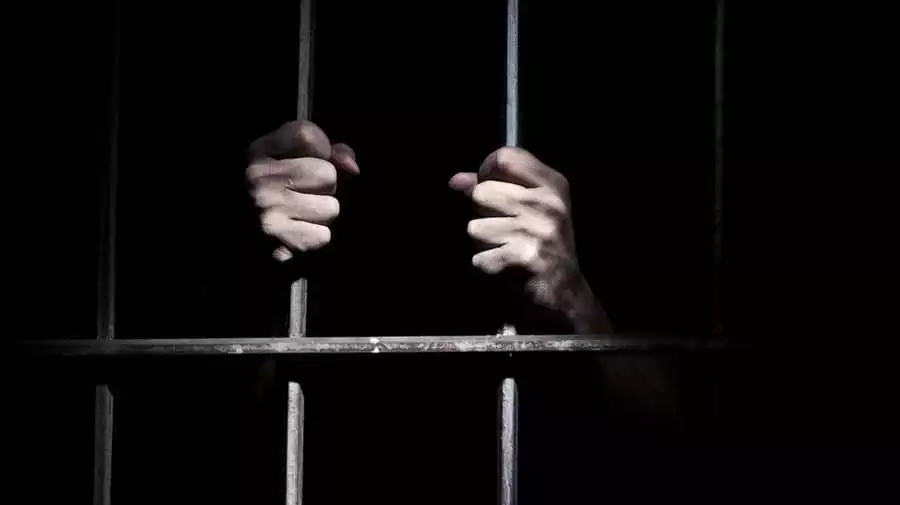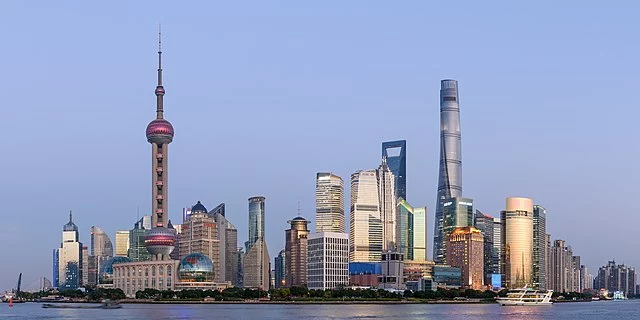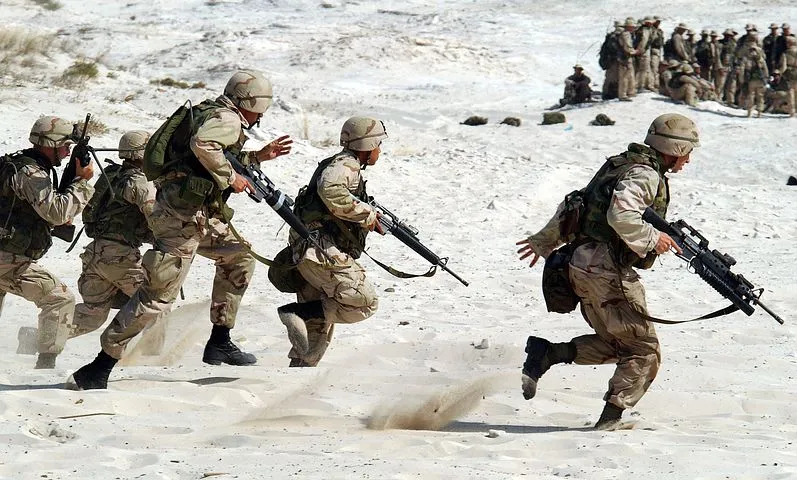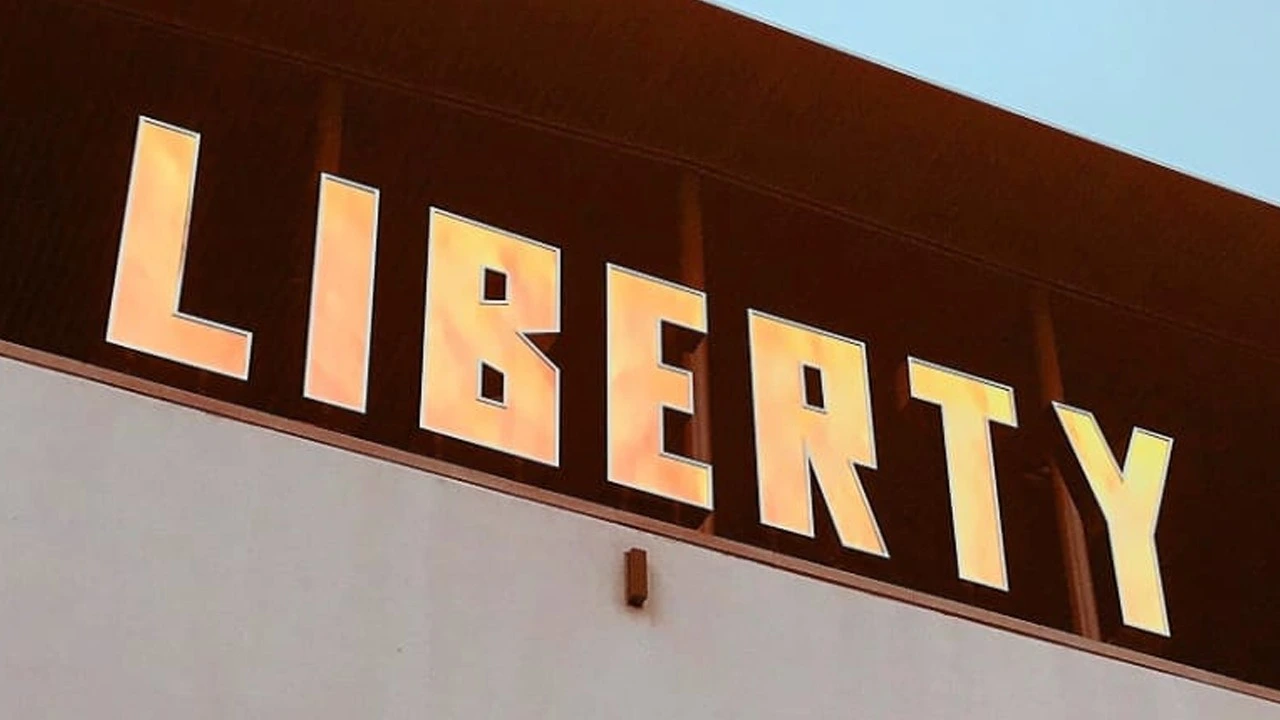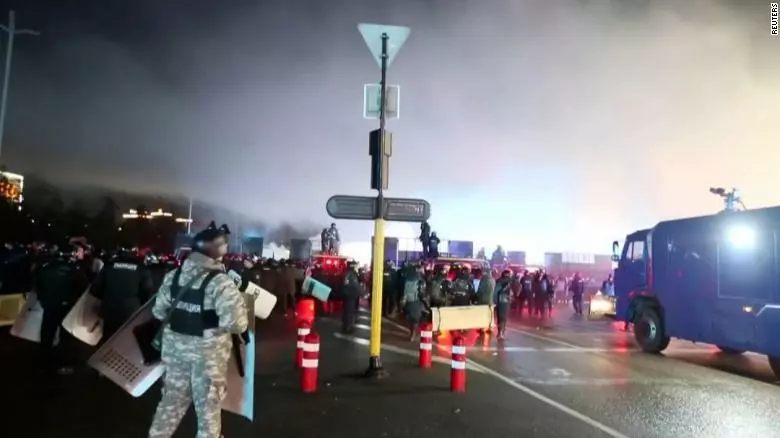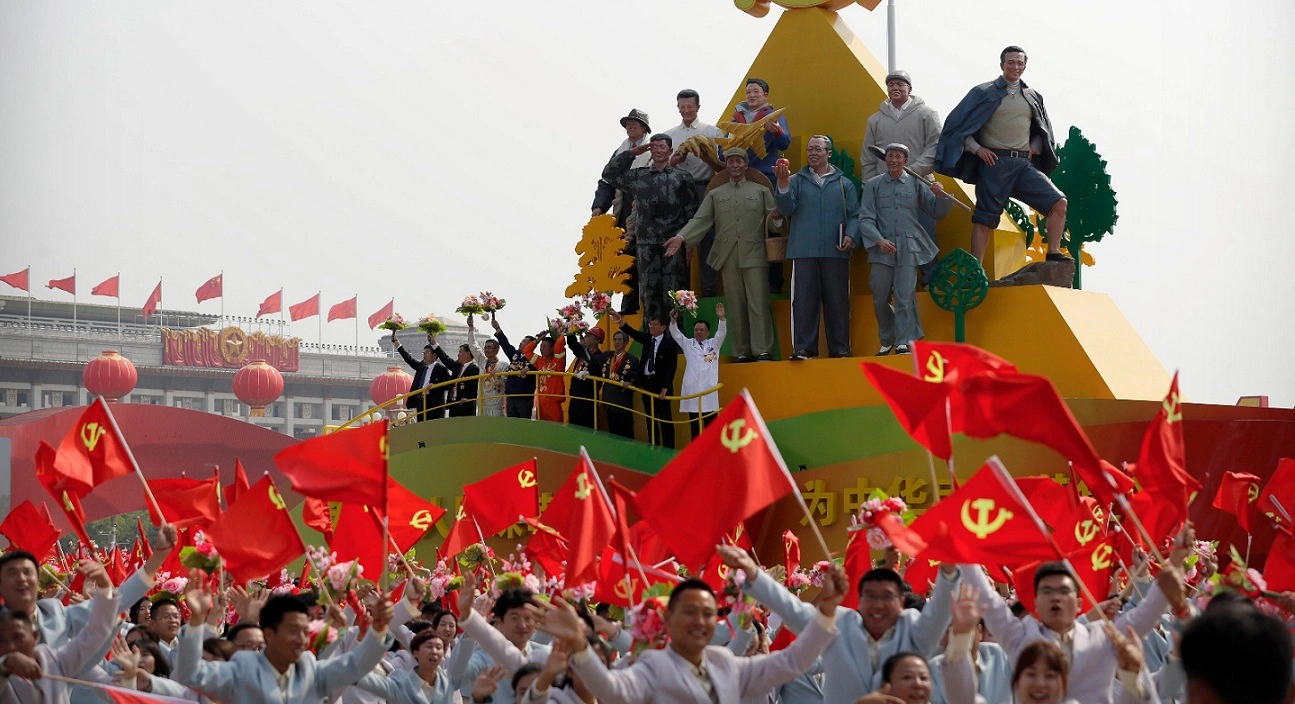It was 1972, the year when Angela Davis was declared innocent by an all-white jury and the whole world had come to her support, voicing concerns against her incarceration and penning down songs of joy on her release. Was she imprisoned because she is a communist, or because she is black, or both? Her own imprisonment fuelled her passion for prison reform advocacy.

In the 21st century, while there are capitalist claims of modernization and progress, one of the most crucial questions that remains to be answered is whether we have learnt anything from our history or are we simply reinforcing our mistakes, but only in a different form? Neo-slavery and neo-colonialism are manifestations of our inglorious past. So is the present any different from the past when it is quite apparent that we are still facing similar issues, only that these issues are cloaked under the guise of “modernity”. Professor of history, Jamie Warren who specializes in American Slavery says that while teaching about human bondage, when her students ask her, “how did people justify slavery?” she answers not by pointing to the past, but the present. Sometime in future, people will ask a question about today, only the form of evil would be different, yet prevalent.
The present reflects these concerns in a society marred by mass incarcerations and police brutality regulated by our criminal justice system which is a product of our colonial heritage. In India, there is an overwhelming representation of the historically oppressed and the marginalized communities in prisons for both under trials and convicts. This is the same problem with every country. In the US, the Hispanic and the Black community are similarly overrepresented. These communities face a higher chance of being imprisoned as compared to the socially privileged communities and is therefore a major reason for why they face the highest probability of experiencing police brutality. Since this pattern exists in almost all the countries, it is pertinent to understand the reason behind why all the jurisdictions across the globe continue to incarcerate the marginalized. Since we claim to have become modern, why do the repulsive remnants of the past still find a place in the present?
According to Foucault’s Discipline and punish: The birth of prisons, prisons were disciplinary mechanisms that were developed as a result of class power to colonize the legal institution. Imprisoning and torturing subjects during the medieval era was seen as a symbol of power by the Kings which enabled them to exercise control over the people. Torture was a tool to establish power over the subjects. This thought of inflicting torture on the bodies of the people who fall lower in the social hierarchy is not just a thing of past, but has translated to the present as well, through the links of race, caste, religion, and other social constructs that govern the relation between the oppressed and the oppressor. This is now reflected in the relation between the State and the marginalized communities, who are harassed by State machinery- the Police. Custodial deaths, custodial rape, extrajudicial killings, etc have now been so normalized that a layman feels that police violence is a part of the procedure.

Though there are certain safeguards in place, such as the D.K. Basu guidelines, relevant provisions from the Criminal Procedure Code, 1973, and other constitutional provisions to prevent such abuse of power, what good are these laws when the very people for whom they are meant for, are unaware of the same indicating a poor legal literacy rate. Not just legal literacy, but the overall literacy rate amongst prisoners has been abysmal as well, with approximately 6% of them being graduates. The problem persists despite the existence of these legal safeguards which only indicate how inept they have been. At this juncture, it becomes essential to question the system and ask if laws are indeed meant for justice or for furthering the cause of oppression as expounded by Marxist scholars.

Once a person is brought within the four walls of prisons, the next problem comes to light. There is this major issue of overcrowding which reflects the horrifying prison conditions and the failure to show any significant improvements. The occupancy rate has by far been severely high, much more than the sanctioned capacity. One of the major reasons behind this is the failure of the system to differentiate between undertrial prisoners and convicted prisoners. As of 2019, about 70% of prisoners were undertrials, indicating the sluggish rate of hearing and listing of matters. According to a 2014 study by the National Human Rights commission titled “Suicides in Prison: Prevention, Strategy and Implication from Human Rights and Legal Points of View” the suicide rate for pre-trial detainees is alarmingly higher than the general population. The mental health of prisoners worsens because of the authoritarian prison environment. All this stems from the systemic lethargy coupled with other socio-economic factors that have culminated in the chaotic situation prevailing across Indian prisons.
